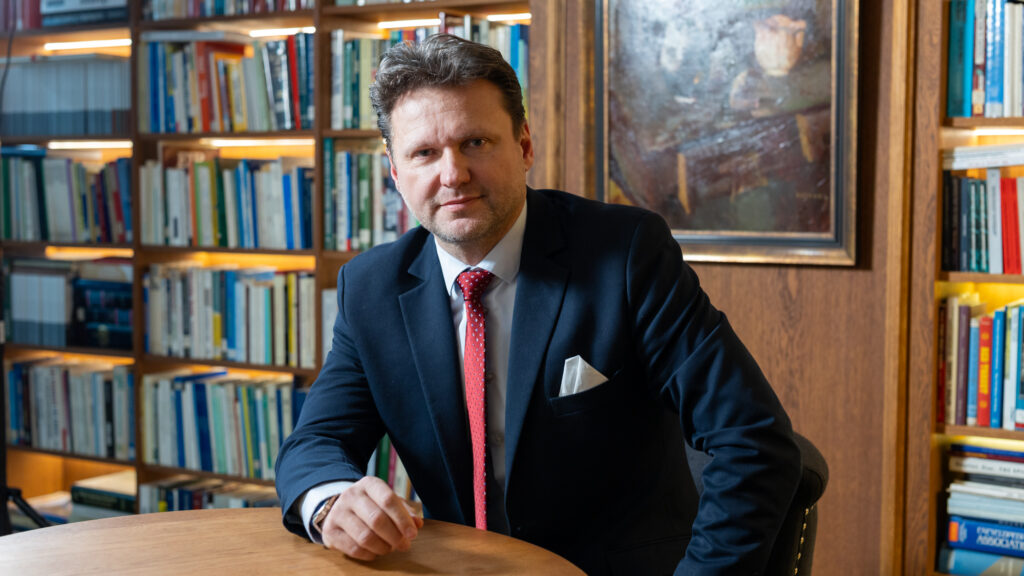Ukrainian authorities have refused to launch an investigation into the case of József Sebestyén, a Hungarian man who was beaten to death by recruiters during a forced conscription attempt. According to Hungarian Minister of Foreign Affairs and Trade Péter Szijjártó, who appeared in the latest episode of the Warriors‘ Hour podcast, the decision by Kyiv effectively admits that such violent, and in many cases even deadly, conscription practices are not isolated accidents, but rather part of a state-approved, organized system.
‘In a civilized, normal country, such an incident would immediately trigger an investigation. The perpetrators—and their superiors who authorized the act—would be arrested, and the practice would be brought to an end,’ Szijjártó said. By contrast, he added, in Ukraine everyone looks away, no one dares to speak about it, and the authorities refuse to act—even in the case of a death. ‘This means that in Ukraine, forced conscription is a state-executed process. It is an official tool of the state,’ he declared.
News broke about the brutal death of a Transcarpathian Hungarian man in Ukraine in early July. As Hungarian Conservative reported, conscription officers assaulted the 45-year-old man, József Sebestyén, with iron bars. He spent the last three weeks of his life in intensive care at a hospital in Beregszász. Details of his death were shared by his sister on Facebook. ‘My sincere condolences to the family of the Hungarian man who died as a result of forced conscription in Ukraine. We stand with you in these difficult times,’ Hungarian Prime Minister Viktor Orbán wrote on his Facebook page at the time. The incident immediately sparked tensions between Budapest and Kyiv, though the relations between the two neighbours are already at a historic low due to Hungary’s pro-peace position regarding the war in Ukraine and its blocking of Kyiv’s European Union membership.
According to Szijjártó, Ukraine’s forced conscriptions—along with the associated physical abuse and humiliation—are fundamentally incompatible with EU membership. As he put it: ‘A country like this not only has no place in the European Union, it cannot even be considered part of the civilized world.’ He added that Brussels has yet to utter a single word against forced conscriptions—or even to comment on the fact that a Hungarian citizen, an EU citizen, lost his life as a result. In Szijjártó’s view, this amounts to either tacit or outright approval—indeed, even support: ‘With Brussels turning a blind eye, offering tacit or explicit endorsement, people in Ukraine are being beaten, humiliated, abducted, and in some cases, beaten to death.’
He recalled that the Hungarian government had previously proposed placing those Ukrainian officials responsible for forced conscriptions on the EU sanctions list, yet Brussels has not responded to the initiative to this day.
Szijjártó also firmly rejected the widely promoted narrative that Ukraine is defending Europe. ‘Ukraine is not defending us, because no one has attacked us. Russia attacked Ukraine—that is an undeniable fact. Ukraine is defending itself—heroically and with substantial Western assistance—but it is defending its own territory, its own sovereignty, and its own integrity. This has nothing to do with us,’ he underlined.
According to Szijjártó, this narrative is being pushed to artificially generate a sense of guilt in Europe—so that everyone will feel obliged to support Ukraine. But, he argued, this is not the reality, and Hungary has neither a moral nor strategic duty to contribute to the maintenance of such a narrative.
Related articles:







